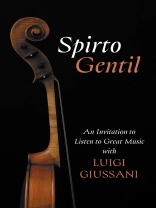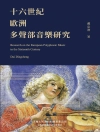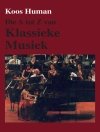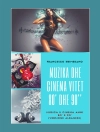When he was a young seminarian, the teacher in Luigi Giussani’s singing class played a recording of an aria from a Donizetti opera, “Spirto gentil” (“Gentle spirit, you once shone in my dreams, but after, I lost you forever. . . .”). At that moment, Giussani “understood for the first time that God existed, and thus that nothing could exist without a meaning; that the heart could not exist unless the heart’s goal existed: happiness.”
Many years later, after founding Communion and Liberation—a lay movement within the Catholic Church—Father Giussani started and directed a series of compact discs, named Spirto Gentil, that included many of the great composers of the eighteenth and nineteenth centuries, some of the masterpieces of church music, and collections of folk songs from various national traditions. The English translations of his introductions to the booklets that accompanied the compact discs have finally been gathered together, revised, and published in book form.
Giussani heard in music a privileged way of perceiving beauty as the splendor of truth, capable of arousing and keeping alive the desire for “infinite beauty, ” recognizing it as one way through which the Mystery speaks to the heart of man. Spirto Gentil thus introduces us not only to the elements of musical form but above all it accompanies us in a search for the ultimate meaning of existence.
O autorze
Monsignor Luigi Giussani (1922–2005) was the founder of the Catholic lay movement Communion and Liberation in Italy. His works are available in over twenty languages.












